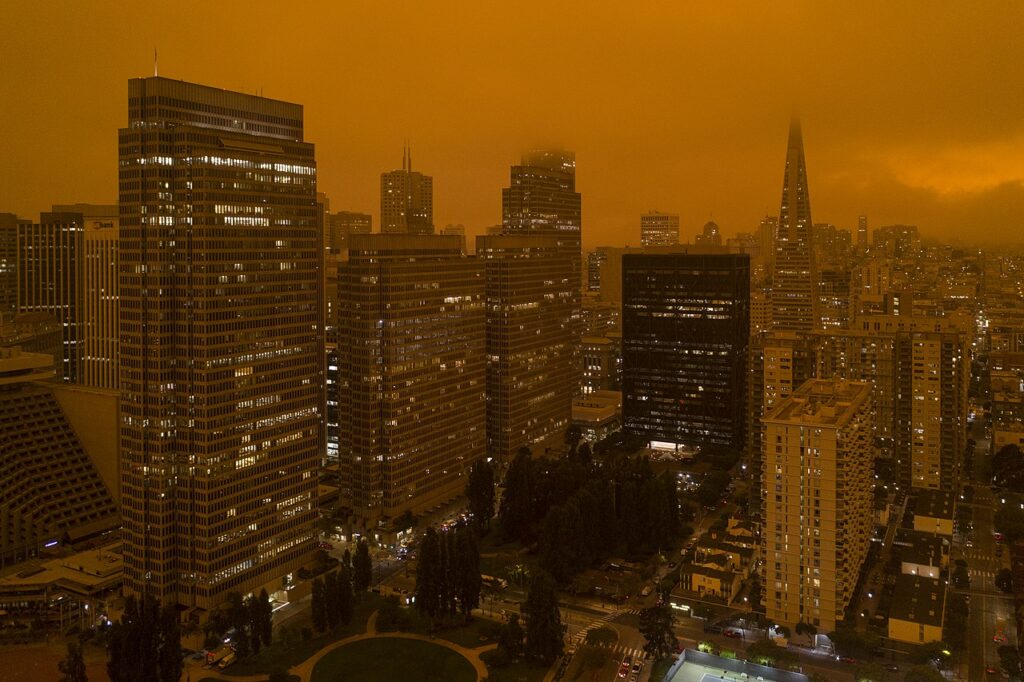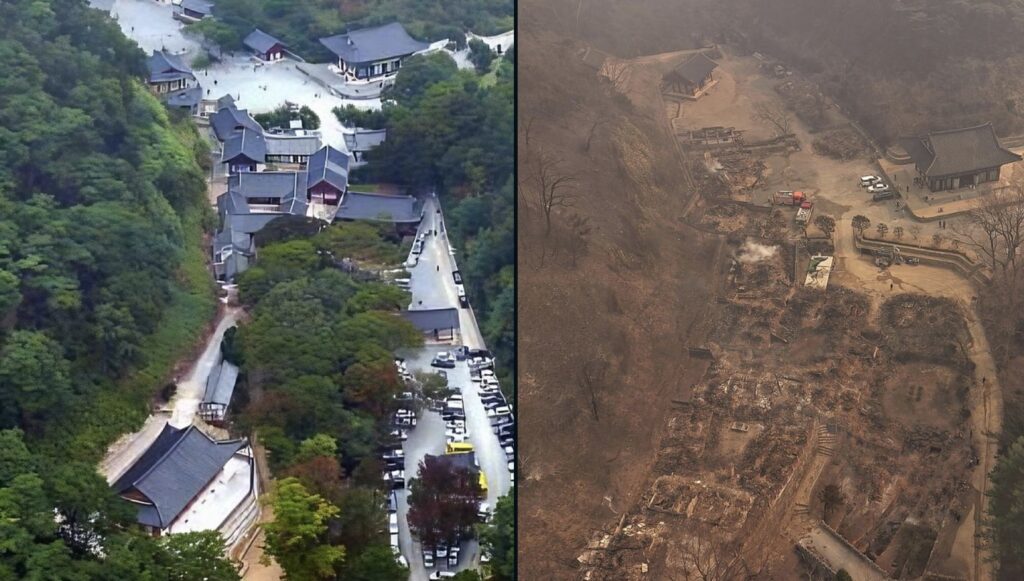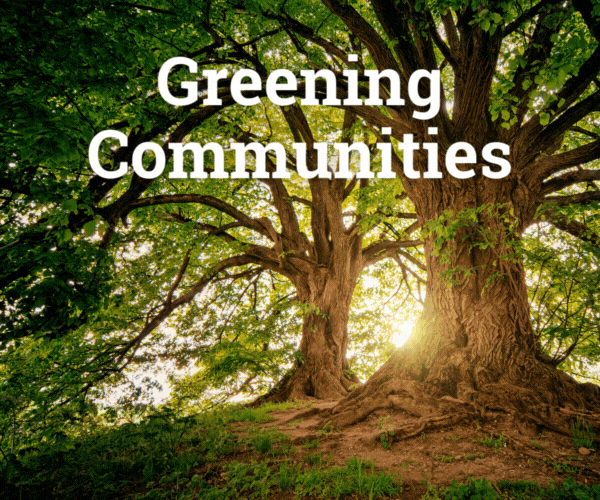“There is no spring here anymore.”
That was a friend speaking Wednesday night from her home in Andong, South Korea, where flames that have devastated much of the country’s mountainous southern flank are encroaching.
The winter, she said, gave way to summer seemingly overnight, adding matter-of-factly, “It’s global warming.”
The abrupt temperature shift, accompanied by ferocious winds and prolonged dry conditions, fueled what has become the worst fire disaster in South Korea’s history, torching some 88,960 acres while displacing nearly 40,000 people.
The death toll now stands at 28, most of the victims in their 60s and 70s. Historic sites, including a Buddhist temple dating back more than a 1,000 years, are now ashes.
South Korean authorities said the Uiseong fire was 52% contained as of Thursday afternoon, reports the Korea Daily. Rain is forecast to hit the region, promising some possible relief.
For those of us in California, the scene is all too familiar.
In 2020, San Francisco residents watched as the sky above turned deep orange. It was early in the pandemic, and the world already felt on the brink. With the smell of ash on the air, we would learn of the multiple fires then raging to the north, eventually burning more than 2 million acres and blanketing the region in a thick haze, blotting out the sun.

That night, it was friends and family in Korea calling my wife and I to make sure we were okay. We got the same call early this year as images of the fires that devastated parts of Los Angeles were broadcast on screens the world over.
“Are you okay, are you safe?” they asked, their voices heavy with concern. From halfway around the world, the 300-mile stretch between San Francisco and Los Angeles appeared to them little more than a stone’s throw.
California, they worried, was synonymous with fire.
“We’ve been packed and ready to move for the past two days,” says our friend, who grew up in Andong and still lives there part-time with her mother, who is 93. “We haven’t really slept.”

An historic city located some 150 miles south of Seoul, Andong was once famed as a seat of Confucian learning—the name translates to Eastern Peace. It was the site of intense fighting in the early years of the Korean War between North and South Korean forces.
Today, residents in the area and in the surrounding environs, including the famed 15th Century Hahoe Village, are bracing for the worst.
Reports suggest the fires may have been accidentally sparked by some combination of residents clearing brush or working on electrified fences. Whatever the proximate cause, the broader implications of a “climate in crisis”—to quote one South Korean official—could not be clearer.
South Korea has been under a prolonged drought since last year, with a weak winter snowfall adding to concerns over dry conditions in parts of the country, including North and South Gyeongsang provinces, where the fires are now raging.
“Climate change is directly and indirectly affecting the changes we are experiencing now,” Yeh Sang-Wook, a professor of climatology at Hanyang University in Seoul, told The Guardian Newspaper. “This is a simple fact.”
Simple indeed, and yet, at least here in the United States, we appear determined to pretend otherwise. Polling has shown again and again that as a political issue climate is a non-starter. The economy, the cost of eggs, immigration, all these—ahem—trump climate when it comes to voter priorities.
Which explains, in part, why there has been so little outcry over our current president’s dismantling of US climate policy, from gutting the EPA to kneecapping climate funding across the board, all against the backdrop of one of his preferred mantras, “drill baby drill.”
It’s easy, after all, to dismiss climate change as something of an abstraction, something too large or too far away as to have any direct bearing on one’s life. Certainly not in the way, for example, that inflation might.
Its more than 5,000 miles as the crow flies from San Francisco to Andong, yet tragically the city feels closer today than ever. Watching video of the flames eat through mountains and threaten homes, it’s hard to escape that feeling of déjà vu, as if reliving a scene one hoped had long ago receded into the rear-view mirror.
Among its many devastating impacts, one outgrowth of climate change is that it narrows the distance, connecting otherwise disparate regions and peoples through a sense of shared vulnerability.
“Be safe,” we urge our friend as she prepares for what’s ahead. “We’re all Californian now.”





